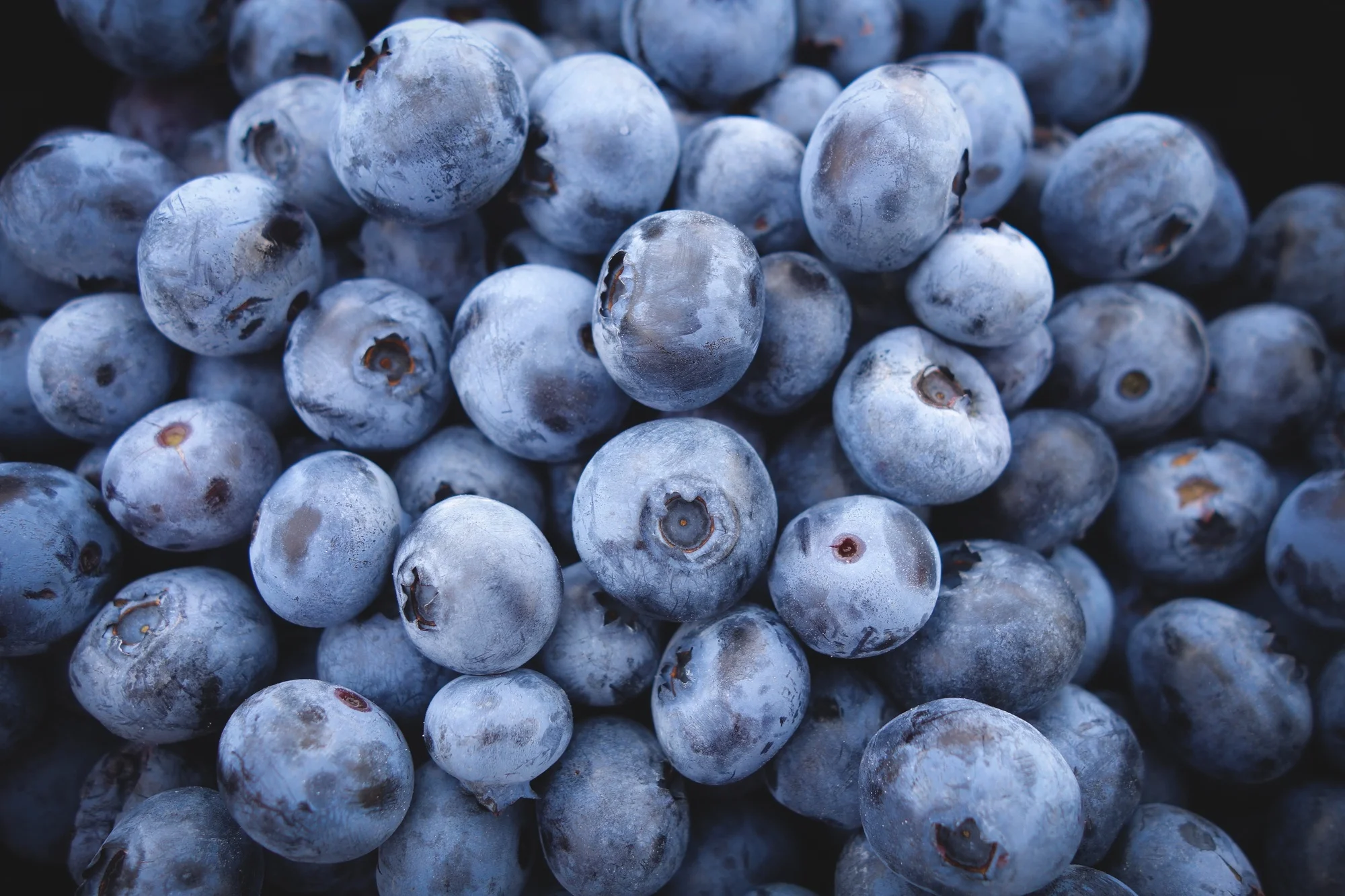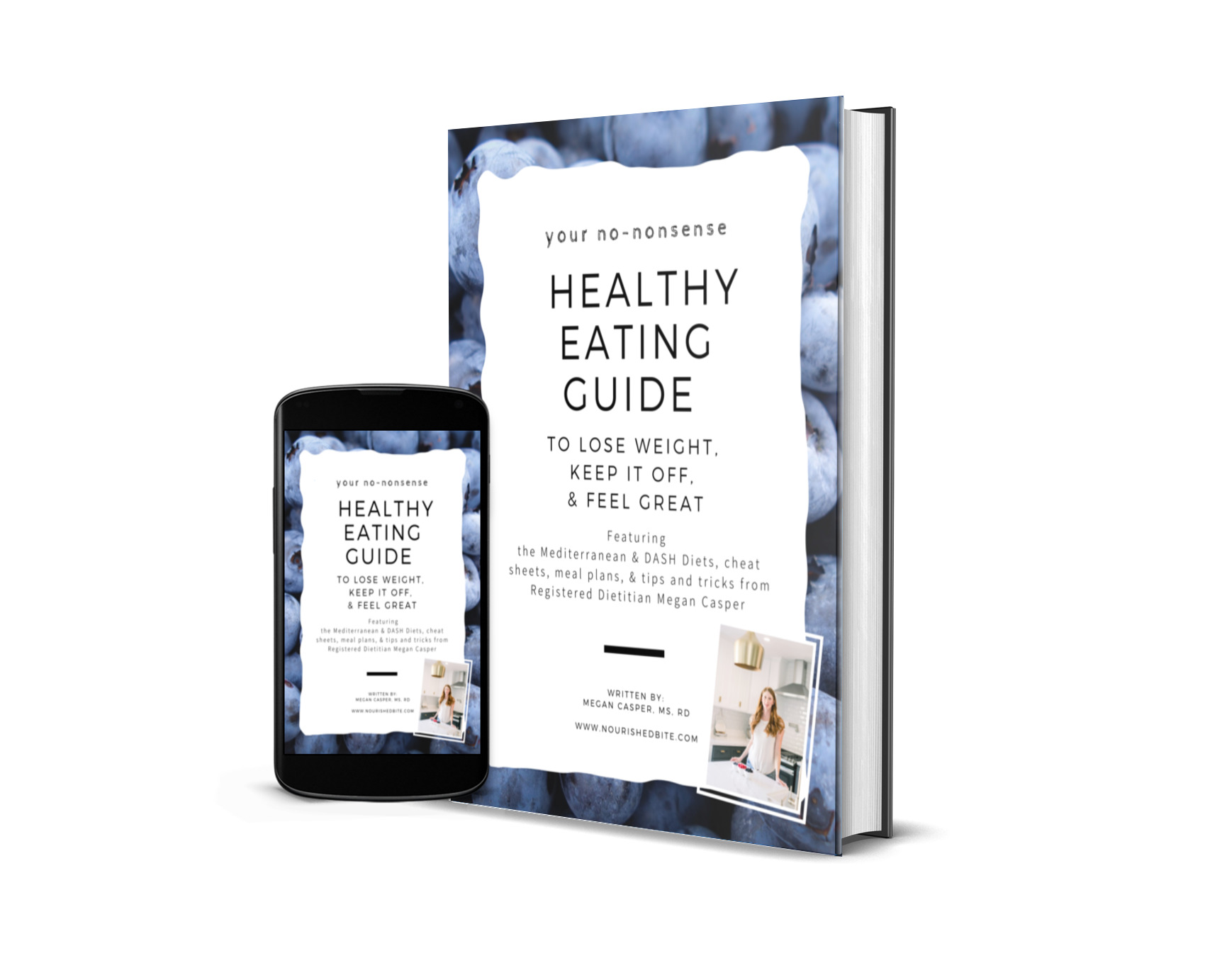The 5 Best Ways to Stay Fuller Longer
/Over the last few decades, a modern diet filled with processed, easily digestible foods has become the norm. While it’s easier to cook and eat these types of foods, they haven’t done our bodies any favors. Our brains and bellies create cues to tell us we’re full, but they’ve not adapted to this new “Western diet”, which is high in fat, red meat, salt and sugars, and low in fiber and has been linked to obesity, cardiovascular disease, diabetes, and cancer. Whether you’re tired of being hungry right after a meal, or trying to cut back on calories, eating more of these four things and following these tips will keep you fuller longer - and healthier.
Water: Fill up a big glass or water bottle each morning to sip on throughout the day. Staying properly hydrated will help you recognize true hunger, and if you’re jonesing for a snack out of boredom having water nearby to sip on gives you a zero calorie option instead. Drinking water may also increase your metabolism (one study found by about 25% for an hour). Research has found that people who drank two glasses of water before a meal lost more weight than people who didn’t drink water before meals — and they kept it off. This simple tip works in two ways. Thirst can mask itself as hunger, causing you to eat more and water makes you feel fuller, causing you to eat less during a meal.
Fiber: Many foods in the modern western diet have refined carbohydrates and are loaded with sugar, which digest quickly and leave us feeling hungry way before our next meal. Fiber helps keep us stay full longer in many ways. It digesting more slowly than refined carbohydrates; combines with water to form a gel which makes us feel more full; and new research shows it contains a molecule, called acetate, which tells our brain we’re full and to stop eating. Bonus: fiber also reduces our risk of many chronic illnesses, such as diabetes, heart disease, cancer and obesity. When reading nutrition labels, look for products that are 100% whole grain and contain at least 3 grams of fiber per serving.
Protein: While carbohydrates break down relatively quickly, protein is a complex molecule that takes longer to digest, hanging out in your stomach longer to keep you feeling full. Protein also takes longer to chew, which tricks our brains into finding it more satisfying, and it causes our bodies to release hormones that tell us we’re full. Try to have a little protein per meal, and remember that just because protein is ‘good’ for you, doesn’t mean you have to overdo it to reap the rewards. Having a handful of nuts, which contain protein, fiber and satisfying fat, can be a perfect snack to tide you over till dinnertime.
Fat: It may sound counterintuitive, but having a little fat in your meal can help you lose fat in the long run. While fat has been vilified for years, the fact is that ANY macronutrient eaten in excess will cause you to gain weight. There are two tricks to remember with fat. First, fat has more than twice the amount of calories per gram as protein or carbohydrates, so a little bit can go a long way. The second key thing is to reach for healthy fats. Saturated fats, commonly found in meat, cheese, butter and other dairy products, can actually reduce your body’s response to your ‘full’ hormones, making you hungrier in the long run. Unsaturated fats, like the kinds found in olive oil, fish, nuts, and avocados, will help you feel satisfied AND reduce your risk of heart disease.
Eat More Slowly: You’ve heard the old adage - it takes 20 minutes for your stomach to know it’s full. But why? It takes a certain amount of time for you to chew, your stomach to begin digestion, and glucose from digested carbohydrates and hormones to be released. Back in the day, food was harder to chew (think whole grains versus processed breads) than in our modern diet, so it did take longer to eat a meal. We also used to take longer to prepare meals, and then enjoyed them more leisurely. During the modern era of grabbing food on the go, we’re more likely to reach for easy to eat fast foods that are also easy to inhale. Research shows that people who eat more quickly eat more calories and gain more weight. How can you slow down? Put your fork down between bites or take a sip of water, eat meals with friends and family, sit down to a meal instead of eating it on the move, and turn off the tv.



